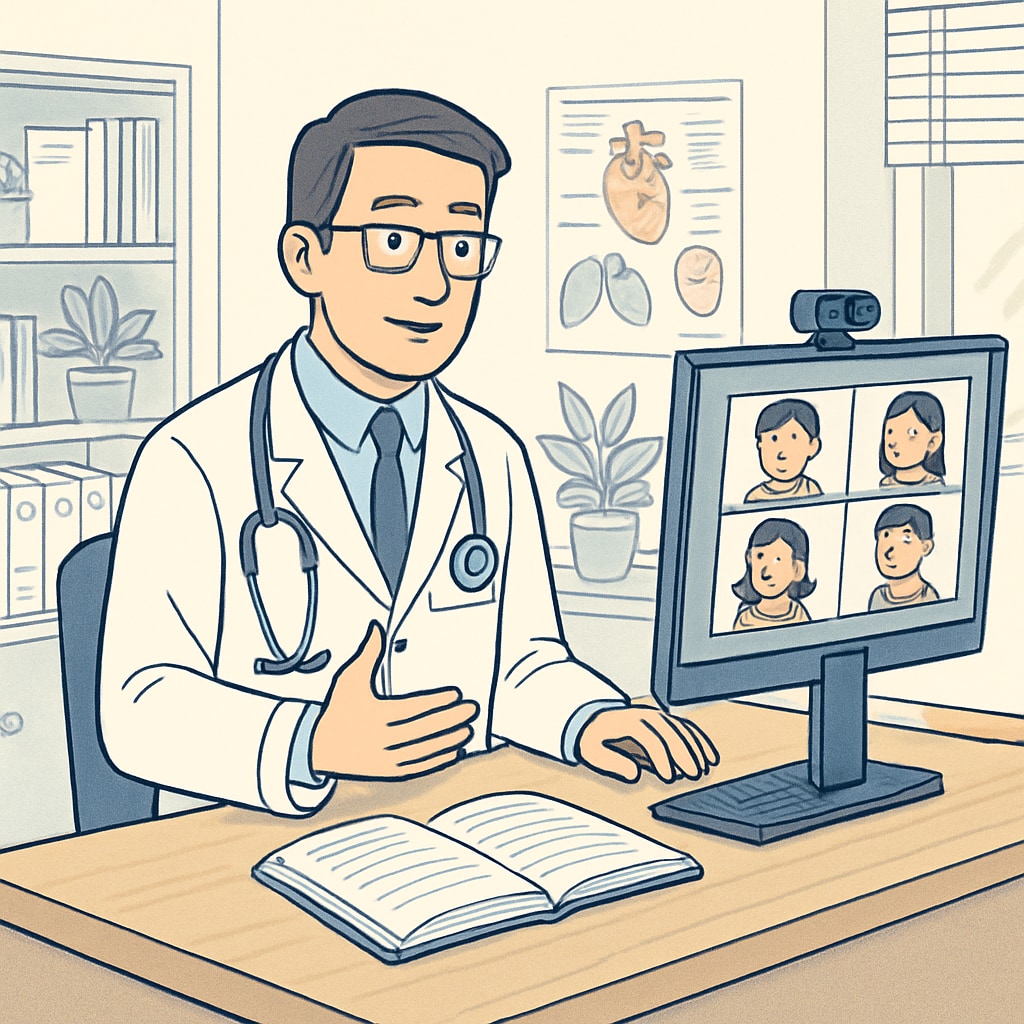Medical career interviews can be a powerful tool for guiding K12 students in their career planning. They offer insights into the real-world experiences of healthcare professionals, fostering informed decisions about pursuing a profession in medicine. Structured interviews not only bridge the gap between theory and practice but also inspire students by introducing them to the challenges and rewards of medical careers. This article outlines how to design high-quality medical career interviews, focusing on creating effective question sets and converting the gathered insights into actionable career development steps for students.
Why Medical Career Interviews Matter
For K12 students, early exposure to potential career paths is essential. Medical career interviews provide a unique opportunity to explore the dynamic field of healthcare. These interviews allow students to gain first-hand knowledge about the roles, responsibilities, and daily experiences of medical professionals. Such exposure can demystify the field, helping students align their interests, skills, and aspirations with the demands of the profession.
Moreover, these interactions can spark curiosity and motivation. For example, hearing about the impact of a surgeon’s work or the empathy required in patient care can inspire students to take their studies more seriously. As a result, these interviews act as both an educational and motivational tool in career planning.

How to Design High-Quality Medical Career Interviews
Creating an effective medical career interview starts with thoughtful preparation. Here are key steps to ensure the interviews are both engaging and informative:
- Identify the Target Audience: Tailor interview content to the students’ age group and knowledge level. For K12 students, avoid overly technical jargon and focus on relatable aspects of medical careers.
- Choose the Right Professionals: Select healthcare professionals from diverse specialties. Including general practitioners, surgeons, nurses, and allied health professionals offers a comprehensive view of the industry.
- Develop a Structured Question Set: Prepare open-ended questions that encourage storytelling and reflection. For example, ask about their motivation for choosing medicine, a memorable patient interaction, or the challenges they face in their role.
- Incorporate Interactive Elements: Allow students to ask follow-up questions or share their thoughts. This makes the session more engaging and ensures the content is relevant to their interests.
By following these steps, educators can create interviews that resonate with students, providing them with a realistic perspective on medical careers.
Sample Questions for Medical Career Interviews
To maximize the learning potential of these interviews, the questions should be designed to cover a range of topics. Here are some examples:
- What inspired you to pursue a career in medicine?
- Can you describe a typical day in your role?
- What are the most rewarding and challenging aspects of your job?
- What skills or qualities do you think are essential for someone in your field?
- How did you prepare for your career, and what advice would you give to students considering this path?
These questions provide a balance of personal anecdotes and professional insights, ensuring students leave the interview with a well-rounded understanding of the field.

Turning Insights Into Actionable Career Paths
The final step in leveraging medical career interviews is helping students translate the insights they gain into actionable steps. Here’s how educators can facilitate this process:
- Encourage Reflection: After the interview, ask students to write a short essay or create a presentation about what they learned. This helps solidify their understanding and identify areas of interest.
- Provide Resources: Share information about relevant extracurricular activities, such as volunteering at hospitals, joining health science clubs, or attending medical summer camps.
- Set Short-Term Goals: Guide students in setting achievable academic and personal goals, such as excelling in science courses or developing interpersonal skills.
As a result, students can begin to see a clear roadmap toward a potential career in medicine. This proactive approach not only builds confidence but also equips them with the tools to succeed in the long term.
In conclusion, medical career interviews are a valuable resource for K12 students navigating their career options. By designing structured and engaging interviews, educators can inspire the next generation of healthcare professionals, helping them make informed decisions and take the first steps toward their future careers.
Readability guidance: The article uses short paragraphs, lists, and clear transitions to maintain readability. Passive voice and long sentences are minimized, ensuring the content is accessible to a wide audience.


